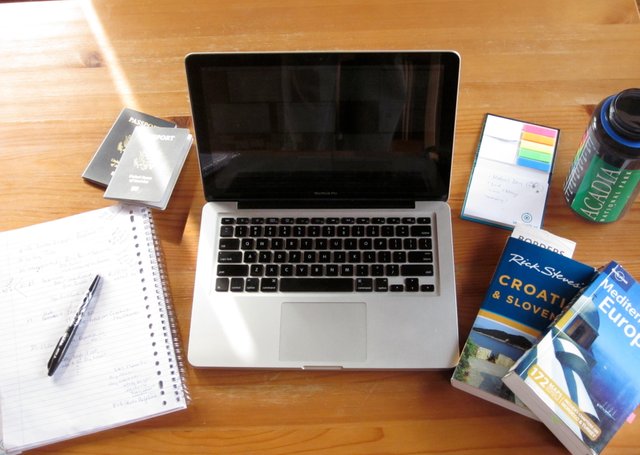Dave Crenshaw is one of the leading experts in the world on time management. But, he argues that time management alone will not help you become more productive.
Time management merely allows for time for you to do what’s most important, Crenshaw said. Equally important is what he calls “focus management”, which empowers you to get high-value work done in that time.
“My definition of focus is the strategic allocation of your resources toward that which is of most value,” Crenshaw said. “What does that mean? It means that you use your time and attention on what matters most.”
Crenshaw has a LinkedIn Learning course on this topic, aptly named Improving Your Focus. In it, he highlights techniques for both protecting your focus and actually growing it, which means you can focus on critical tasks longer.

This article is on the latter. Here are just three techniques Crenshaw listed for growing your focus, all of which are require little effort to implement:
1.Time yourself.
This is a simple technique that gamifies your focus. And, well, gamification works.
Next time you want to focus on deep work, time yourself for how long you focus on that singular task. That means, if you check your email or start texting, you have to reset your timer and go again. Or, you can time yourself throughout the day, and see how many focus minutes you can rack up.
“Does this seem overly simple?” Crenshaw said in his course. “To a degree it is. Yet I've found that simple small steps connected together result in very big positive change.”
2.Try “monk days” or “monk hours.”
This is an analogy to monks, who spend time in a monastery far away from all things digital. You can do the same – spend a day a week, or perhaps a few hours a day, away from all the technology you don’t need to do your task.
To complete a specific task, maybe you need (or don't need) your computer, although you might not need Internet for that computer. If you don’t need Internet, go to a place with no WiFi. You almost certainly don’t need your phone. Or TV or radio or anything else.
This will help you focus only on that task.
This can apply to your free time, too. Say you want to watch a show. Just watch the show, with your phone away from you, so you don't play with it while watching the show. This will improve your focus overall.
The point – by bringing only what’s necessary to do any task, you’ll increase your ability to focus on it. And, if you do this over and over, you'll increase your focus over time.
3.Decorate your workspace with your meaningful “artifacts”.
When many people think about organizing their workspace for optimal performance, they think about decluttering.
That’s important – you want to declutter your space, as clutter causes stress and decreases focus. But, there are some things you can put on your desk that will work for you, instead of against you.
Crenshaw calls these artifacts. He defines artifacts as, “a physical object of what reminds you of what’s important.”
In other words, artifacts are physical manifestations of your purpose. They vary depending on what your main drivers are (what you are “in it” for, if you will).
For example, if your primary driver at work is to:
- Support your family, an obvious artifact is a picture of your family.
- To be the best in your field, an artifact could be an award you’ve won.
- To create a better world, perhaps quotes from or pictures of people you’ve helped.
You get the idea. The point – when your focus starts to wane, seeing these images help reinforce what you are in it for. And help you push through.
see you my friend ;)